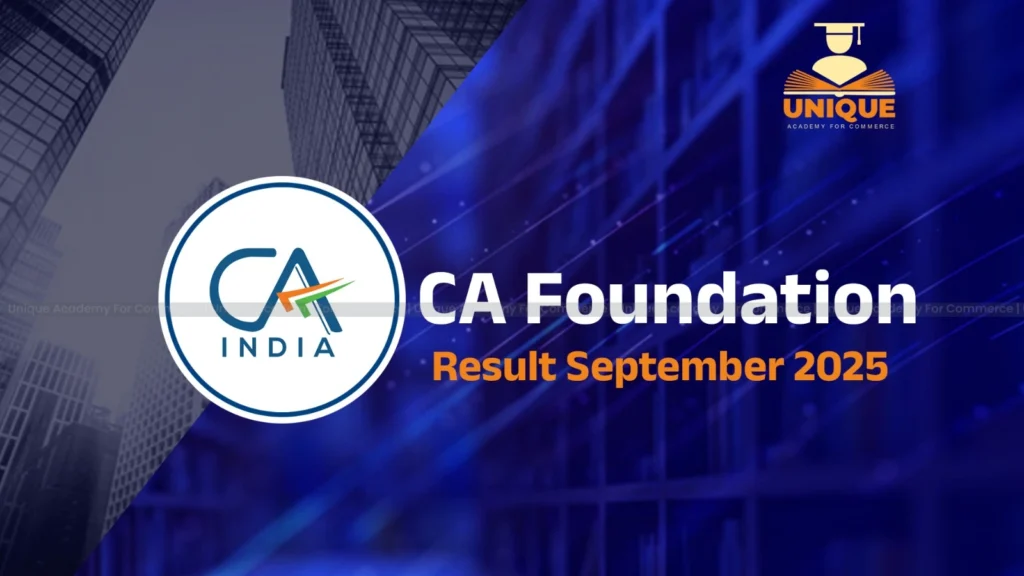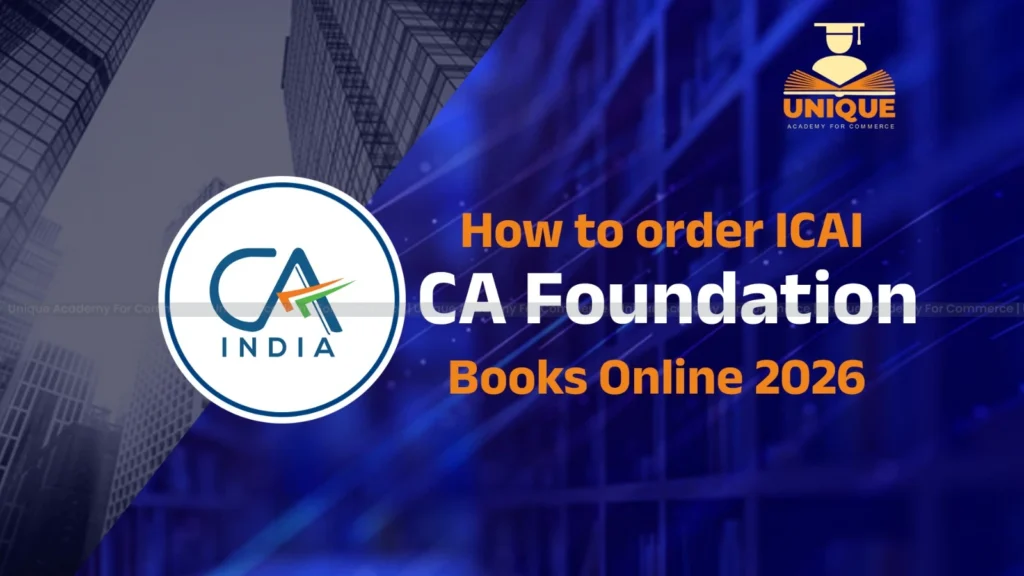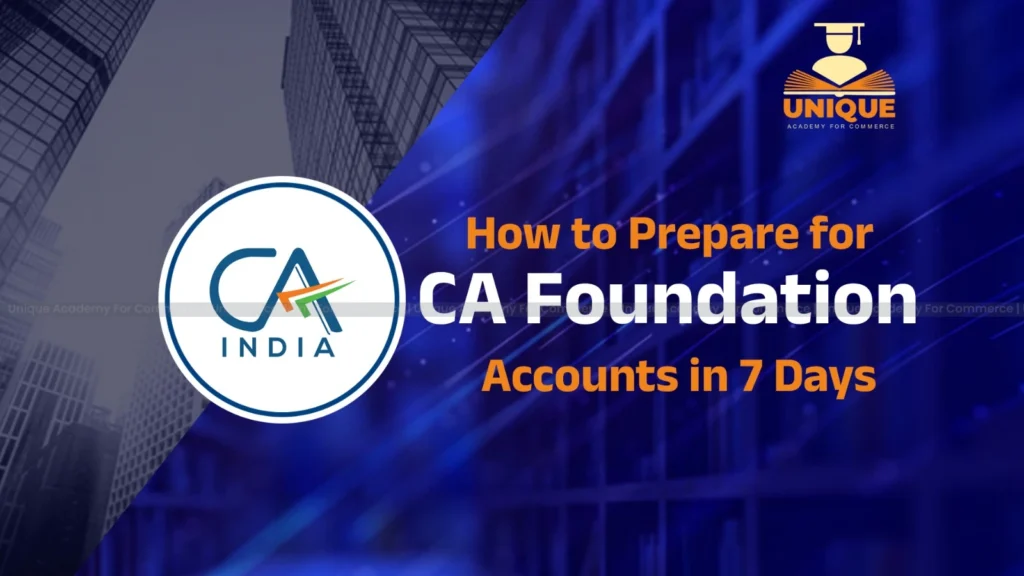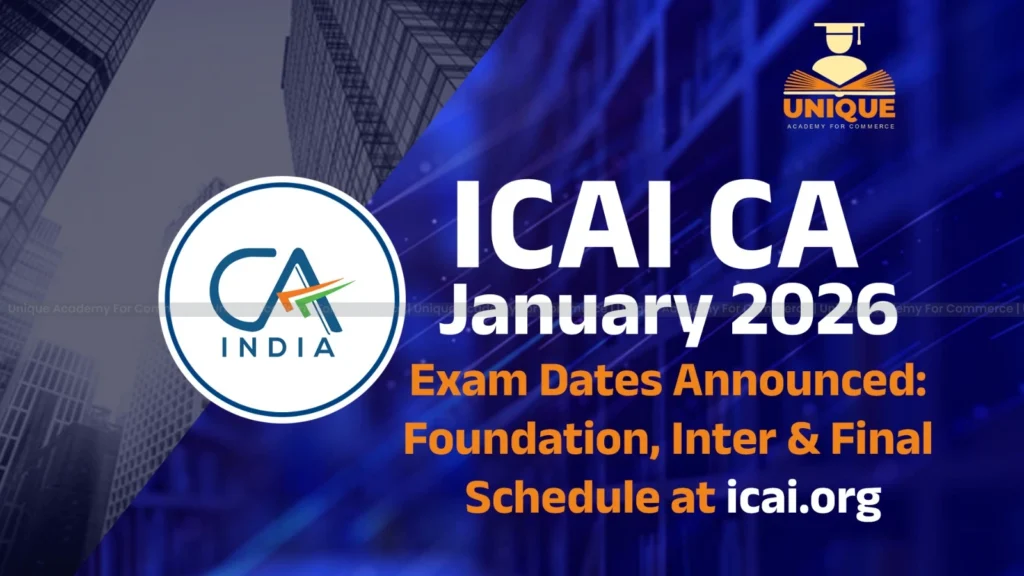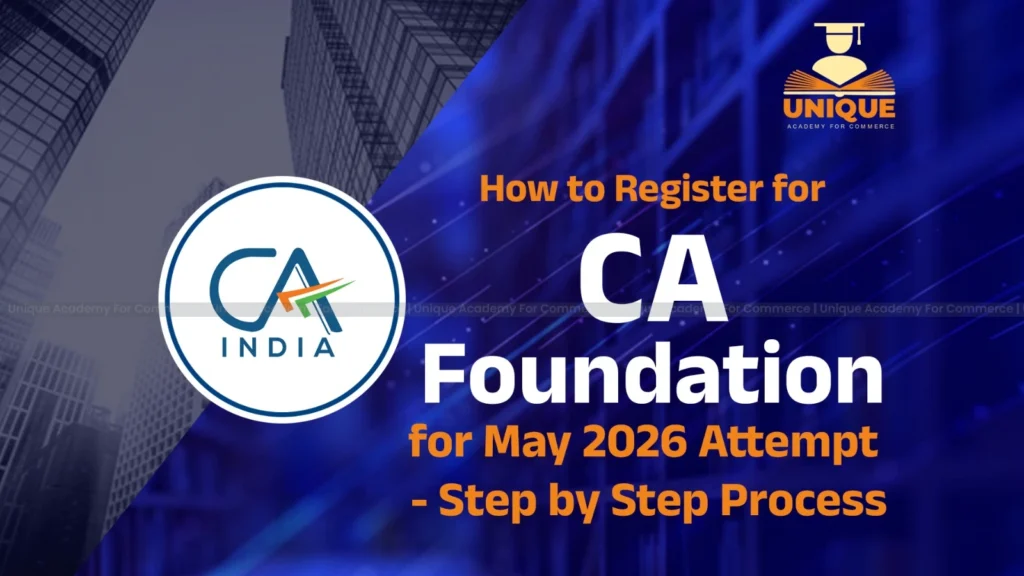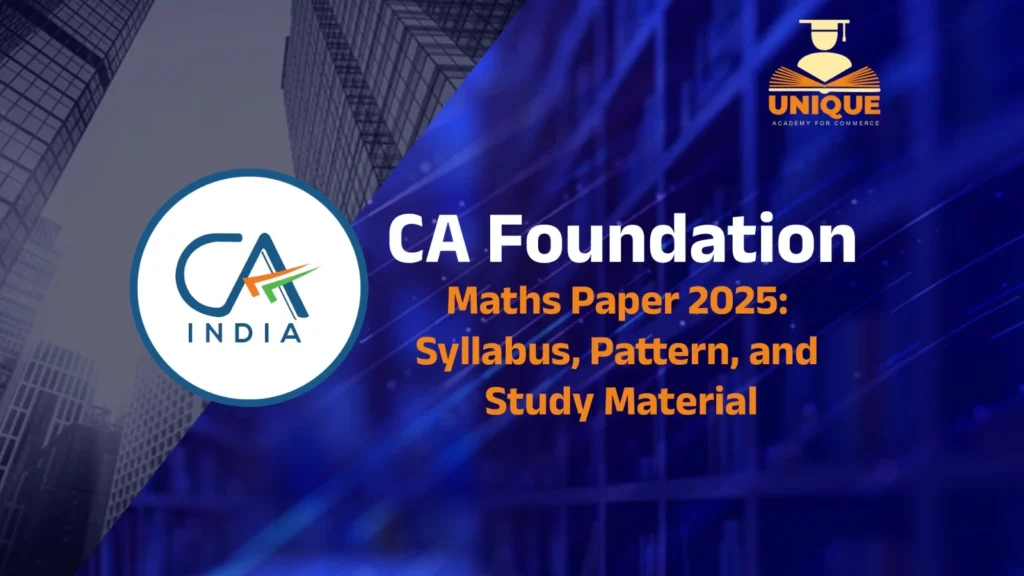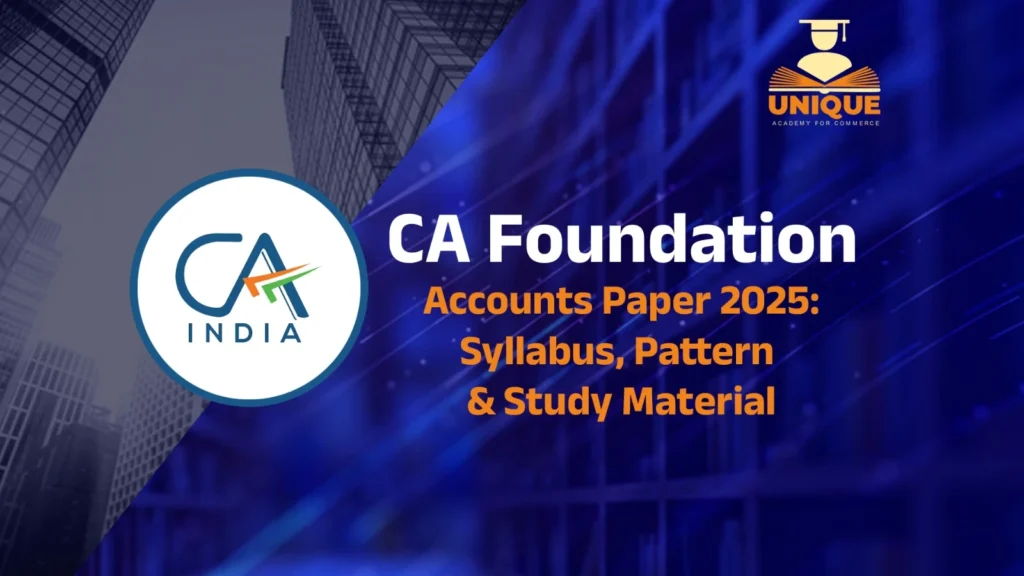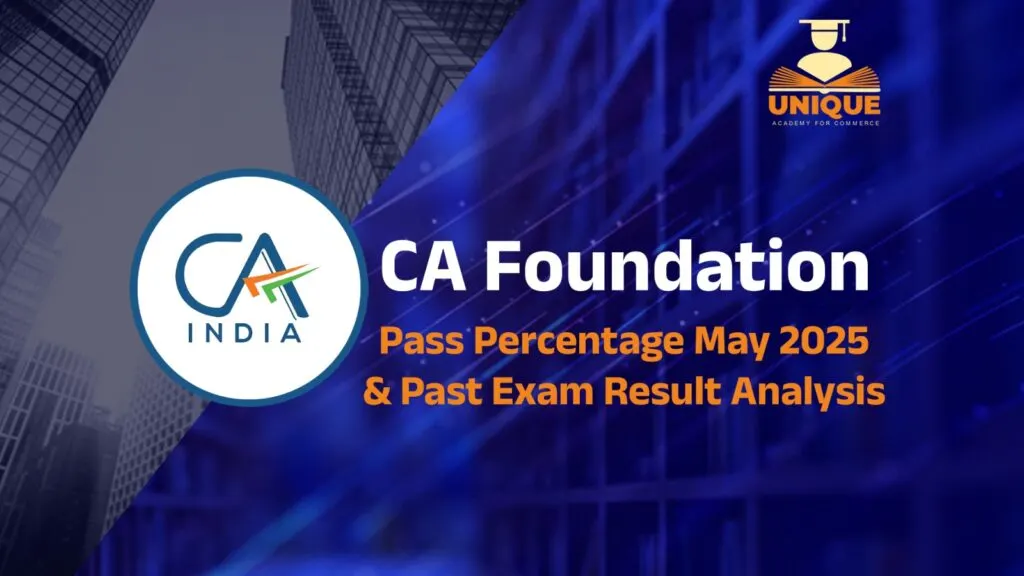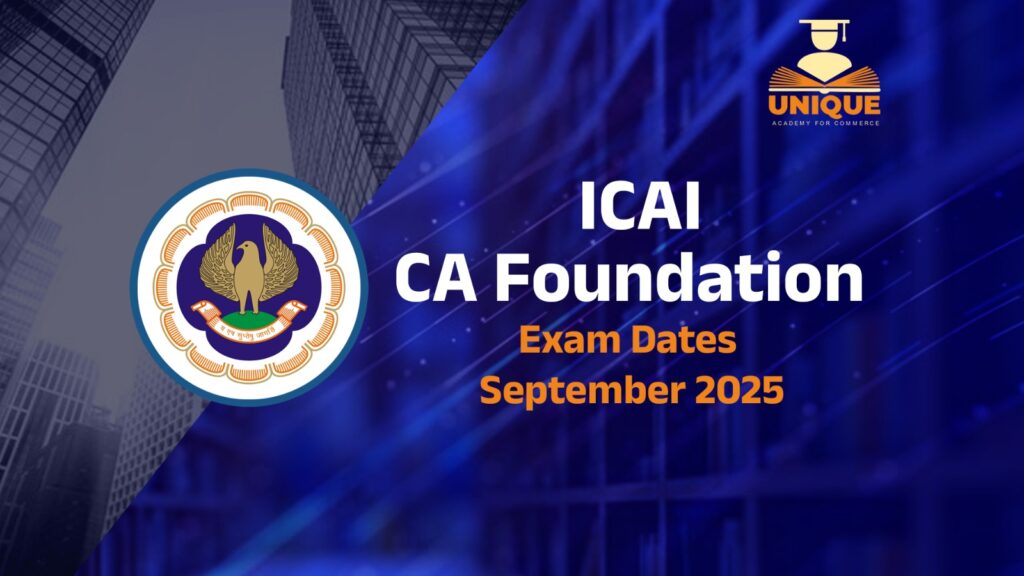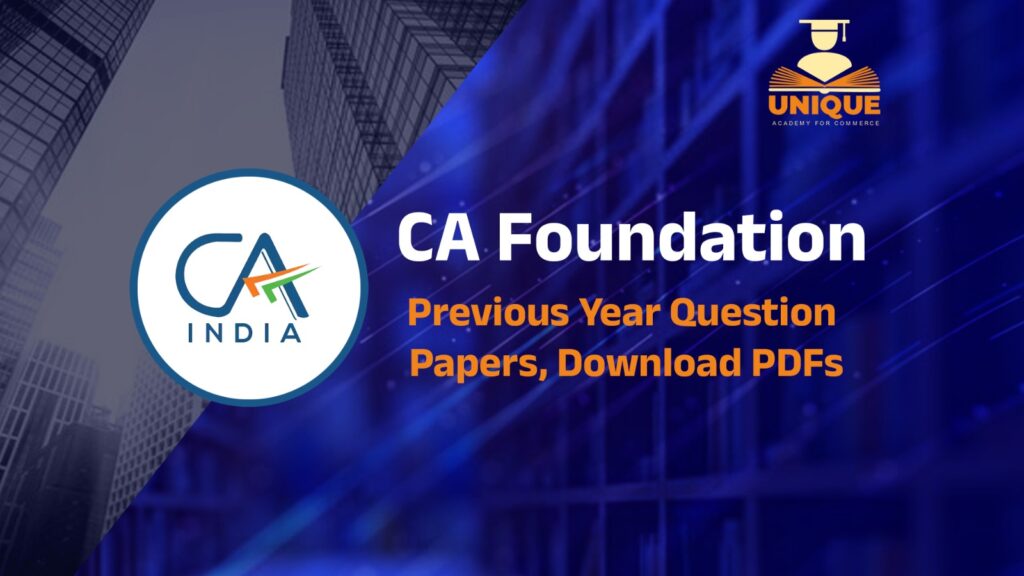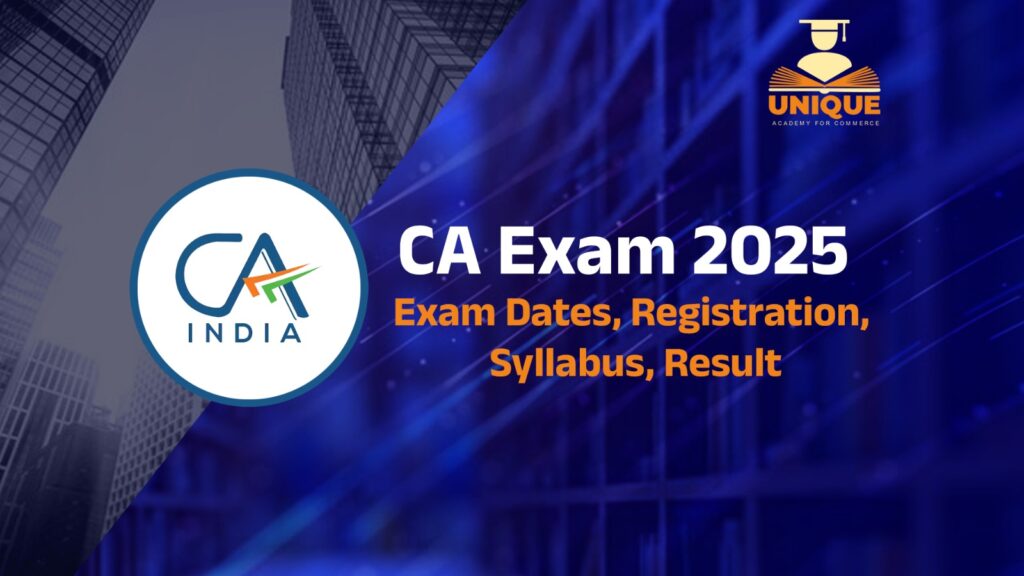CA Foundation Syllabus 2025, New Scheme Syllabus and Subjects

ICAI CA Foundation syllabus 2025 is prescribed by the Institute of Chartered Accountants of India (ICAI). The CA syllabus 2025 for Foundation course includes all topics related to accounts, economics, maths and business law.
Candidates have to clear all the CA Foundation papers to be able to move to CA Intermediate level. All exam levels are tough but when compared to each other, the syllabus of CA Foundation is easiest and the syllabus of CA Final is the toughest.

There are overall, four papers in CA Foundation course. Each paper has multiple topics. In this article, you will read all about CA Foundation syllabus.
Features of the exam:
- Exam Name- Chartered Accountancy (CA) Exam
- Conducted By-ICAI (Institute of Chartered Accountants of India)
- Exam Type-Pen and Paper
- Level-CA Foundation
- Total Papers-Four
- Held-Three times a year: May, September, November
- Difficulty-Medium
- Attempts Allowed-Unlimited
CA Foundation Syllabus 2025
Paper 1: Principles and Practice of Accounting
- Basic accounting principles
- Preparation of financial statements
- Partnership accounts
- Introduction to company accounts
Paper 2: Business Laws and Business Correspondence & Reporting
Section A: Business Laws
- The Indian Contract Act, 1872
- The Sale of Goods Act, 1930
- The Indian Partnership Act, 1932
- The Limited Liability Partnership Act, 2008
- The Companies Act, 2013
Section B: Business Correspondence and Reporting
- Communication
- Writing skills (letters, essays, reports)
- Comprehension passages
Paper 3: Business Mathematics, Logical Reasoning, and Statistics
Section A: Business Mathematics
- Ratios and proportions
- Time value of money
- Permutations and combinations
Section B: Logical Reasoning
- Number series
- Coding-decoding
- Direction tests
Section C: Statistics
- Measures of central tendency
- Probability
- Index numbers
Paper 4: Business Economics and Business and Commercial Knowledge
Section A: Business Economics
- Microeconomics: Demand, supply, and production
- Market structures
- Pricing
Section B: Business and Commercial Knowledge
- Business environment
- Business organizations
- Government policies
CA Foundation Syllabus for May 2025 (New Scheme)

Paper 1: Principles and Practice of Accounting
Module 1:
Theoretical Framework
- Meaning and Scope of Accounting
- Accounting Concepts, Principles, and Conventions
- Capital and Revenue Expenditures and Receipts
- Contingent Assets and Contingent Liabilities
- Accounting Policies
- Accounting as a Measurement Discipline – Valuation Principles and Accounting Estimates
- Accounting Standards
- Accounting Process
Basic Accounting Procedures – Journal Entries, Ledgers, and Trial Balance
- Subsidiary Books
- Cash Book
- Rectification of Errors
- Bank Reconciliation Statement
Inventories
Depreciation and Amortization
Bills of Exchange and Promissory Notes
Preparation of Final Accounts of Sole Proprietors
- Final Accounts of Non-Manufacturing Entities
- Final Accounts of Manufacturing Entities
Module 2:
8. Financial Statements of Not-for-Profit Organizations
Accounts from Incomplete Records
Partnership and LLP Accounts
- Introduction to Partnership Accounts
- Treatment of Goodwill in Partnership Accounts
- Admission, Retirement, and Death of a Partner
- Dissolution of Partnership Firms and LLPs
Company Accounts
- Introduction to Company Accounts
- Issue, Forfeiture, and Re-Issue of Shares
- Issue of Debentures
- Accounting for Bonus and Rights Issues
- Redemption of Preference Shares and Debentures
Paper 2: Business Laws and Business Correspondence
Section A: Business Laws
- Indian Regulatory Framework
- The Indian Contract Act, 1872
- Nature of Contracts
- Consideration
- Essential Elements of a Contract
- Performance of Contract
- Breach of Contract and Remedies
- Contingent and Quasi Contracts
- Contracts of Indemnity, Guarantee, Bailment, and Pledge
- Agency
The Sale of Goods Act, 1930
- Formation of the Contract of Sale
- Conditions and Warranties
- Transfer of Ownership and Delivery of Goods
- Rights of an Unpaid Seller
The Indian Partnership Act, 1932
- General Nature of Partnership
- Relations of Partners
- Registration and Dissolution of a Firm
The Limited Liability Partnership Act, 2008
The Companies Act, 2013
The Negotiable Instruments Act, 1881
Paper 3: Quantitative Aptitude
Part A: Business Mathematics
- Ratio and Proportion, Indices, and Logarithms
- Equations
- Linear Inequalities
- Mathematics of Finance
- Basic Concepts of Permutations and Combinations
- Sequence and Series – Arithmetic and Geometric Progressions
- Sets, Relations, and Functions
- Basics of Limits and Continuity, Differential and Integral Calculus
Part B: Logical Reasoning
- Number Series, Coding and Decoding, and Odd Man Out
- Direction Tests
- Seating Arrangements
- Blood Relations
Part C: Statistics
- Statistical Representation of Data and Sampling
- Measures of Central Tendency and Dispersion
- Probability
- Theoretical Distributions
- Correlation and Regression
- Index Numbers
Paper 4: Business Economics
Introduction
- Basic Problems of an Economy
- Role of Price Mechanism
Theory of Demand and Supply
- Law of Demand and Elasticity of Demand
- Theory of Consumer Behaviour
- Supply
- Theory of Production and Cost
Theory of Production
- Theory of Cost
Price Determination in Different Markets
Meaning and Types of Markets
- Determination of Prices and Output in Various Market Forms
Business Cycles
Determination of National Income
- National Income Accounting
- Keynesian Theory of National Income
Public Finance
- Fiscal Functions, Centre and State Finance
- Market Failure and Government Interventions
- Budgeting, Revenue, and Public Debt Management
Fiscal Policy
- Money Market
- Theories of Money Demand and Supply
- Monetary Policy
International Trade
- Theories and Instruments of Trade Policy
- Trade Negotiations
- Exchange Rates and Economic Effects
- International Capital Movements
Indian Economy
Stay connected with our blog page for further updates regarding the course and you may also connect with us at
Phone- 8007916622 / 8007916633 / 8668532720.





